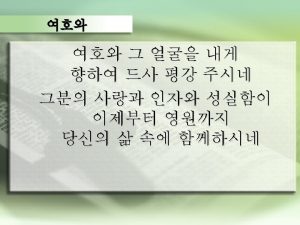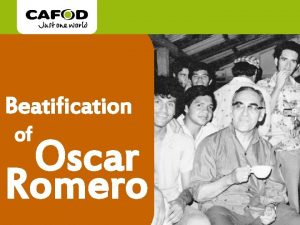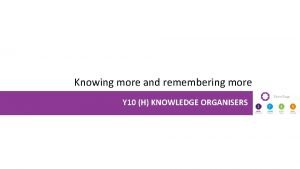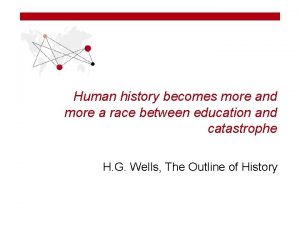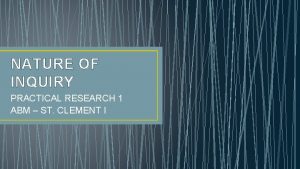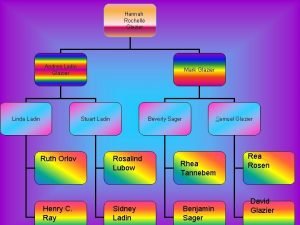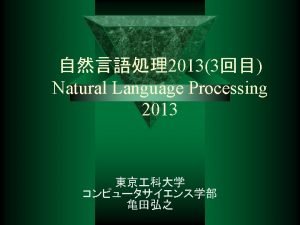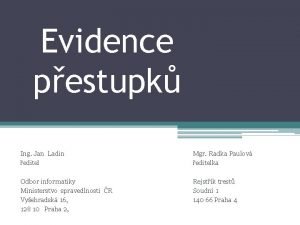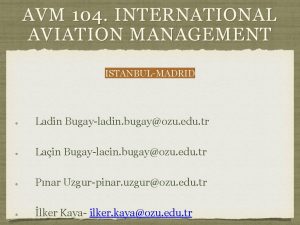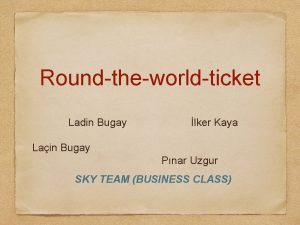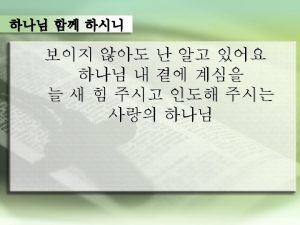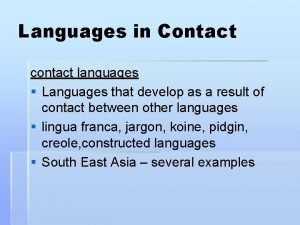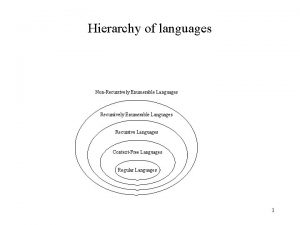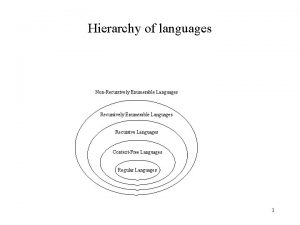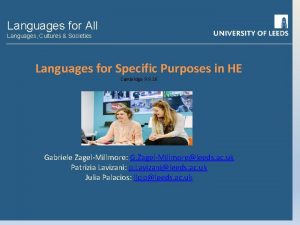Living in more languages The case of Ladin

























- Slides: 25

Living in more languages The case of Ladin women in the Dolomites - Italy Olimpia Rasom Free University of Bozen - Bolzano – Faculty of Education Ladin School Board, South-Tyrol (Italy)


Ladin dialects

Research aims How do Ladin women see their world? The study aimed: • To identify the reasons whereby Ladin women speak Ladin in the 21 st century • To identify the links between women, culture, language, environment

Two motivations guided the study: a) the promotion of an endangered language b) an understanding of women's perspective

Women are fundamental in Ladin society. Their role in passing on Ladin language and culture has never been questioned, yet they have never been considered in promotion activities as a target group. Actually, it is not so easy for women to find a reason for speaking Ladin or to find a reason to devote their life to working for such a small language. “Because it has been like this for generations” is no more a good point for a lot of women who have begun to speak Italian or German with their children and in the community. promotion of an endangered area

I believe women have to create new and different symbolic meanings which are to be included into men’s symbolic world, in which they can recognize themselves and where they can speak about themselves. To give voice to women it becomes a new practice for creating a novel point of view, based on personal experiences, subjects that are related to the world through their every day life. women‘s perspective

Methodology • • Focus groups Interviews Key-informant interviews Field notes


languages: some results Living with several

history of multilingualism German and Italian were the languages of politics, clergy and administration and didn’t influence Ladin greatly. The multilingualism of Ladin women is quite recent. The Ladin area remained isolated till the end of the XIX century. We know that a lot of women (in particular from Gardena and Fassa) went to sell wood items in the South. Tyrol area. After the Second World War the Ladin valleys begun a new course. As result, we have a multilingual area in South-Tyrol and a bilingual area in the provinces of Trento and Belluno.

Speaking more languages

To speak fluently and proficiently more than one language allows women to be close to other cultures and understand others without problems. As one woman said: “We are ‘round’, we do not have ‘corners’ when we relate with German or Italian speakers” (D. V. ) Speaking more languages

Multilingualism is very strong in the Gardena valley where the use of different languages within the family is very common. In the focus group a lot of women related their experience about living with more languages according to their needs and the context: Speaking more “Do you know why? When we went to school it happened that with a school-peer you only spoke Italian, with another only German with the third only Gherdeina and when we were all together it went out such a mixture that those listening to us said: but what kind of language is it? ” (S. M. ) languages

In the bilingual area of Fassa there is a particular feeling related to multilingualism: Speaking more “It’s a pity that I don’t speak German. I feel that I lost something. Looking back into the past, when Ladins were considered able mediators in the markets, I can admire their way of living in the world with different languages. They know several languages but then they come back and speak Ladin at home” (L. G. ) languages

Ladin people have to constantly change language in order to communicate with other people. Women wonder whether this is not a threat to the mother tongue: “We change, we can do it, but it becomes increasingly more difficult for the Gherdeina language” (M. M. ) “We don’t feel our roots and one speaks the other languages without problems , but anything is better than our language, Ladin” (M. M) “But is it right that we have to open ourselves to others in any situation and in any context? ” (H. P. ) Speaking more languages

The territory speaks Ladin. It is the territory that invited people to speak the language, its geographical conformation, its history, and its legends: “The eyes don’t stop on the rocks that tell us about the development of our society. The mountains are a fundamental good, to know the area and to keep alive the language, that has to be done” (MG. P. ) Language and territory

“I had to consider the language of the territory when I decided which language I had to speak with my first child. I chose Ladin but I believe I am not taking anything away from my mother tongue. I love both” (L. D. ) Language and territory

. . walking in the forest and thinking of her life, she realised she was speaking to herself in Ladin: “I was scared… I thought I was having a gene mutation. . . I thought there was the Ladin in me but I wasn’t aware of it. This new awareness touched me a lot. It gave me a great deal of happiness; it brought on a new love for our language… I discovered that not only this language belongs to me but that I belong to this culture (…). It is the language of this territory that speaks through the people”. Multilingualism vs. minority language Sonja Venturi

The love for the territory seems to be a re-discovery of the world that belonged to mothers and ancestors. It seems to be a new way of living with and within the territory. Women in the past had a deep knowledge of places and their names connected to myths and beliefs but also food and medicinal plants. This relationship between women and territory is characterized by speaking Ladin Re-discovering the territory and mother tongue promotion

other cultures and Ladin language and culture

Students in Fascia discussed the case of a Russian girl who lives and works in Fassa and wears Ladin traditional dresses. On the one hand students recognize her freedom to do what she likes, on the other they believe this girl should experience Ladin culture more fully: “If you wear the traditional dress you have to be interested in the Ladin world” (G. R. )

Conclusions

Multilingualism is a necessity, it means to be able to stay and live in the world, but it means reaching a compromise between the major languages and the minor one. In spite of all possible engagements by the minority, it is a duty of those who speak the majority languages to re-consider their role in order to help the minority to survive. Conclusions

Thanks!
 More more more i want more more more more we praise you
More more more i want more more more more we praise you More more more i want more more more more we praise you
More more more i want more more more more we praise you Ladin
Ladin Best case worst case average case
Best case worst case average case Blue things
Blue things Shell living or nonliving
Shell living or nonliving Living non living dead
Living non living dead This organelle often ships proteins to the golgi apparatus
This organelle often ships proteins to the golgi apparatus 5 apples in a basket riddle
5 apples in a basket riddle The more you study the more you learn
The more you study the more you learn Aspire not to
Aspire not to Newton's first law of motion examples
Newton's first law of motion examples Knowing more remembering more
Knowing more remembering more More love to thee o lord
More love to thee o lord More choices more chances
More choices more chances Human history becomes more and more a race
Human history becomes more and more a race The detectives need more time to inquire about the case
The detectives need more time to inquire about the case Hát kết hợp bộ gõ cơ thể
Hát kết hợp bộ gõ cơ thể Frameset trong html5
Frameset trong html5 Bổ thể
Bổ thể Tỉ lệ cơ thể trẻ em
Tỉ lệ cơ thể trẻ em Voi kéo gỗ như thế nào
Voi kéo gỗ như thế nào Glasgow thang điểm
Glasgow thang điểm Alleluia hat len nguoi oi
Alleluia hat len nguoi oi Các môn thể thao bắt đầu bằng từ đua
Các môn thể thao bắt đầu bằng từ đua Thế nào là hệ số cao nhất
Thế nào là hệ số cao nhất
